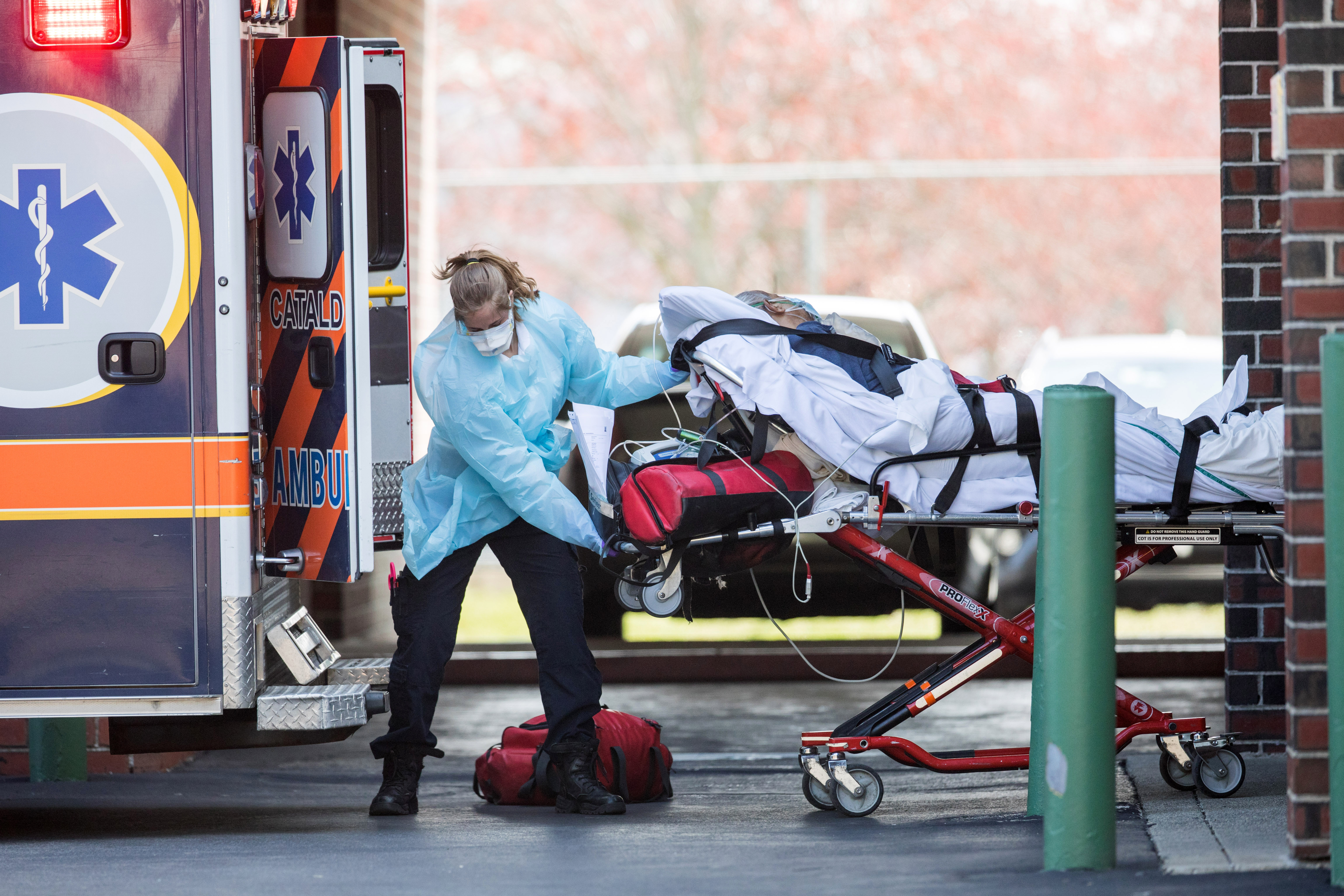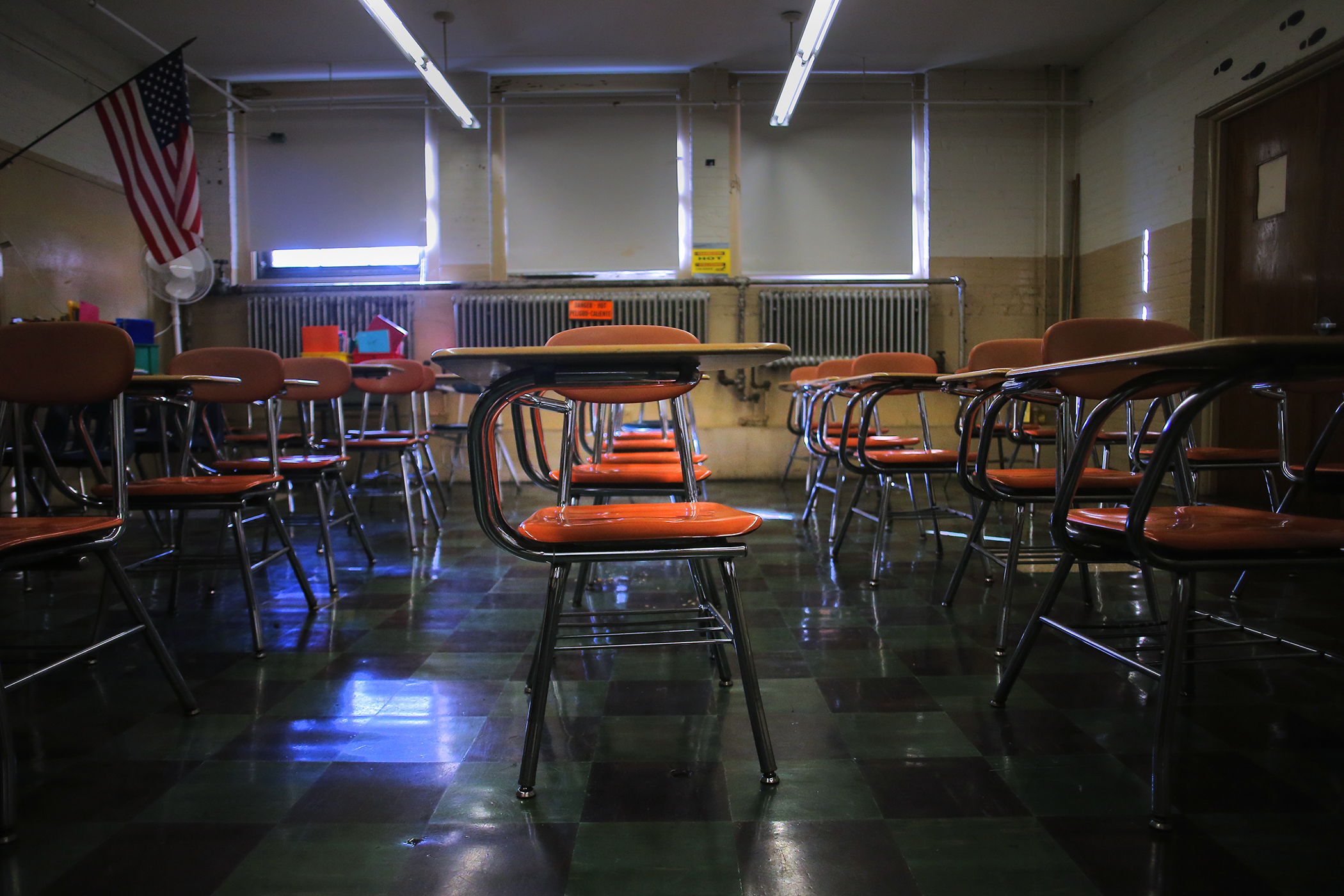Thousands of doctors are joining an effort to get their patients registered to vote across the nation in a program started by a Massachusetts physician.
“There is a demographic overlap of folks in this country who are not registered to vote and folks who struggle with accessing health care," Massachusetts General Hospital Emergency Room Dr. Alister Martin said.
Get top local stories in Boston delivered to you every morning. Sign up for NBC Boston's News Headlines newsletter.
That demographic is often comprised of patients who are younger, low-income and people of color, which is why Martin started VotER – a program that helps doctors easily register their patients to vote. Studies show a direct correlation between voting and good health, according to Martin.
“The folks who voted were more likely to be mentally healthy, have less depressive symptoms, be generally physically healthy overall and have higher levels of confidence," he said.
More than 3,000 doctors have ordered his VoteER kits – tablet kiosks located inside of Massachusetts General Hospital. So far, more than 13,000 kits have been ordered by health care providers.
"And so patients who want to can get up and use the iPad kiosks to register to vote," Martin said. “Patients who have phones that can read QR codes can basically point their phones at the QR code and go right to the same platform and then register to vote."
Martin’s isn’t the only such program. Med Out The Vote – which also helps doctors registers their patients, has partnered with VoteER.
Not all doctors are on board, though.
While Dr. Harrison Alter, founder of the Andrew Levitt Center for Social Emergency Medicine, supports physician-based voter registration efforts, he argues that some doctors are already overstretched – especially during the pandemic – and don’t want the extra responsibility.
“Emergency departments are functioning on very little reserve and we’re asking them to take on a whole other realm, which is attending to social health," Alter said.
When asked about people who may not believe doctors should be involved in politics, Martin said, “This program is optional, non partisan."



